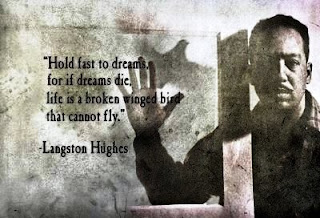
There, just below the moon’s ascent,
Ethereal a figure went-
A silhouette, a dimly shade,
That moved towards him with clear intent.
Though fear in others would have weighed,
He fearless went from where he stayed
To meet that spectral figure dim
That bold approached him unafraid.
That ghostly apparition slim
Through pale-blue moonlight seem’d to swim,
Approaching now with sure design-
Intent specifically on him!
But then, behold! - a sight divine
For what those shadows did confine
Was this: his lovely lady’s sight-
Most beautiful, and yes, sublime.
The two embraced that starry night
Beneath that silver moon so bright
(In silence and in full content)
As stars gazed on them from their height.
-jwm
Ethereal a figure went-
A silhouette, a dimly shade,
That moved towards him with clear intent.
Though fear in others would have weighed,
He fearless went from where he stayed
To meet that spectral figure dim
That bold approached him unafraid.
That ghostly apparition slim
Through pale-blue moonlight seem’d to swim,
Approaching now with sure design-
Intent specifically on him!
But then, behold! - a sight divine
For what those shadows did confine
Was this: his lovely lady’s sight-
Most beautiful, and yes, sublime.
The two embraced that starry night
Beneath that silver moon so bright
(In silence and in full content)
As stars gazed on them from their height.
-jwm
Of the Poem (Parameters):
Stanza: Quatrain, Rubaiyat
Meter: Tetrameter
Rhyme Scheme: aaba bbcb ccdc dded eeae
Note:
The structure of the poem is modeled off of what I consider to be one of the most gorgeous stanza types to work with, the Rubaiyat.
The Rubaiyat’s rhyme pattern is aaba which- despite the ‘off rhythm’ of the third line- produces and incredible rate of poetic flow. Where two or more stanzas are involved, that rate flow is punctuated, and is awesome.
Wherever there are two or more of these stanzas the rhyme pattern is usually interlocking, so that the ‘b’ of the first stanza (aaba) constitutes the primary rhyme pattern of the second stanza … aaba bbcb, and so on.
You’ll also notice that in this poem the rhyme pattern returns to the initial primary rhythm of the first stanza (aaba bbcb ccdc dded eeae), this was intentional and served as a sort of internal self-closure of the poem- even apart from the storyline itself.
I first came to know this stanza type by reading a Robert Frost poem called, Stopping by Woods on a Snowy Evening. It was a gorgeous, gorgeous poem, and I was compelled to try the style out.
Since my introduction to this form I’ve done a few poems that mimic it, and am working on another one right now.
Now, if you’ve come across this site and have written a poem based on the Rubaiyat structure, please … let me read it: post it in a comments area of mine or, better yet, click on my picture above and friend me on Facebook so that we might correspond over it. I’d be delighted! Meanwhile, let me know what you think of this particular poem above, Beneath a Starry Night.







